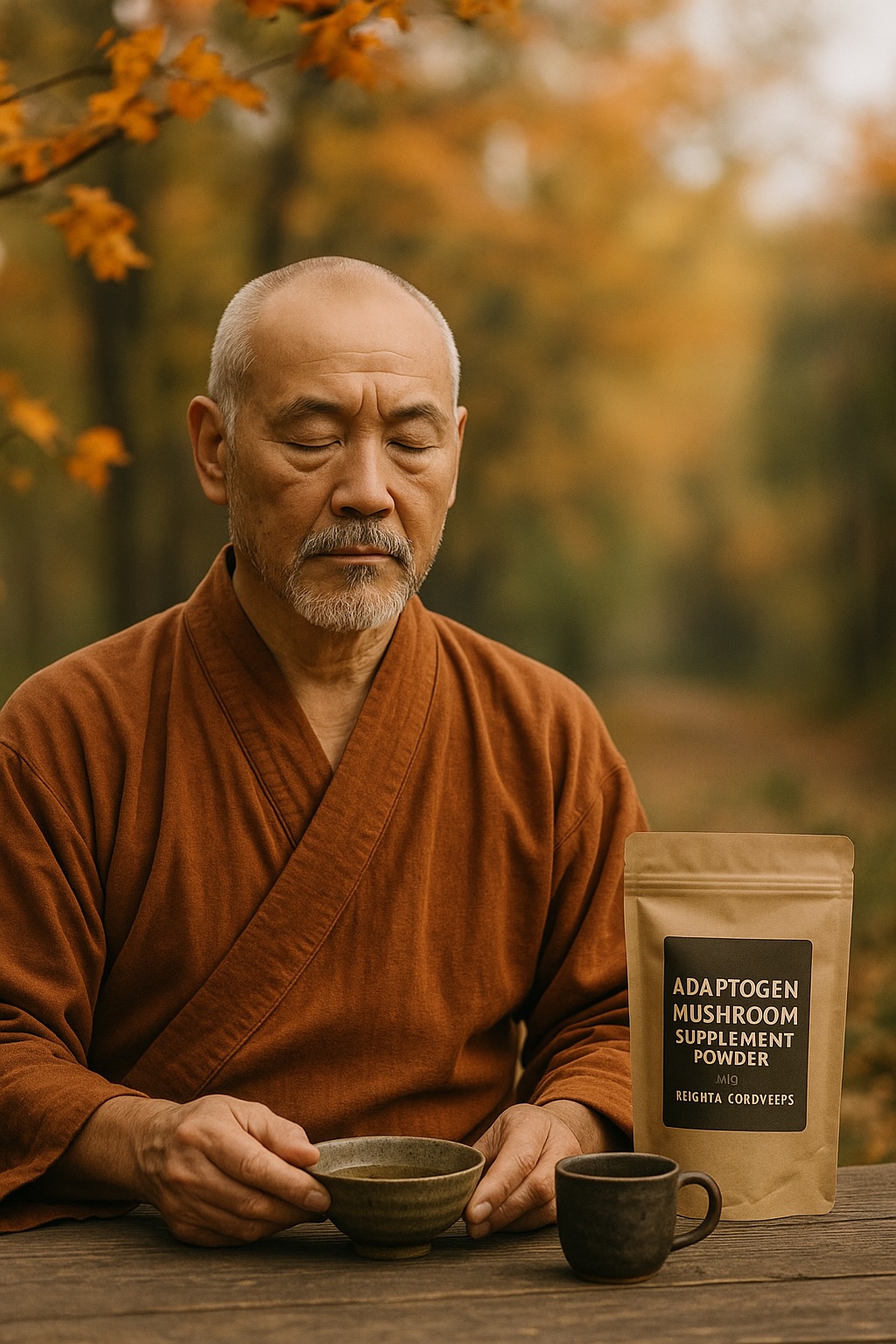Seasonal Transitions in TCM: Why Change Affects Your Energy
In Traditional Chinese Medicine (TCM), seasonal transitions are powerful times of change that influence both the environment and the body. Each season has its own dominant element, organ system, and energy pattern. As one season shifts into another, our Qi adapts to new rhythms of temperature, daylight, and food availability. This is why you may feel unusually tired, unsettled, or vulnerable to illness during these transitions.
Rather than resisting change, TCM encourages us to harmonize with it. By making small, intentional adjustments to diet, movement, and daily rituals, we can support the body’s natural ability to adapt. Understanding why these shifts affect energy is the first step toward creating resilience and balance.
The TCM View of Seasonal Transitions
Each of the Five Elements corresponds to a season: Wood to spring, Fire to summer, Earth to late summer, Metal to autumn, and Water to winter. Transitions between seasons are considered “doyo” periods, short phases of Earth energy when the Spleen and Stomach are most active. During these times, digestion and assimilation of both food and experience are emphasized. If the Earth element is weak, you may notice digestive upset, fatigue, or worry. This is why transitions often feel heavy or destabilizing.
Signs That Seasonal Change Is Affecting You
- Sudden fatigue or lack of motivation
- Digestive changes such as bloating or irregular appetite
- Heightened worry or scattered thoughts
- Increased susceptibility to colds or allergies
- Restless sleep or shifting moods
How to Support Energy During Seasonal Shifts
1) Favor Warm, Grounding Foods
As the Spleen governs transitions, warm and cooked foods are best. Think rice congee, root vegetable soups, and herbal teas. Limit excess raw or cold foods, which can burden digestion during sensitive times.
2) Align Sleep with Nature
Seasonal change often shifts sunrise and sunset. Follow these cues by adjusting bedtime and wake time gradually. Going to bed earlier in autumn and winter, for example, conserves energy and supports immunity.
3) Gentle Movement for Balance
Practices such as tai chi, qigong, or walking are ideal during transitions. They promote circulation of Qi without draining reserves. Movement outdoors helps you sync with the new season’s rhythm.
4) Mindful Reflection
Seasonal transitions invite inner reflection. Take time to journal or meditate on what you are ready to release and what you wish to welcome. This mirrors the natural cycles of letting go and renewal that occur in nature.
Affiliate Pick: A Daily Ritual for Energy Resilience
One practice that has supported me during seasonal transitions is adding Adaptogen Mushroom Supplement Powder with Reishi and Cordyceps to my morning routine. To unwind, I like to blend a spoonful into warm tea or oatmeal. The earthy flavor complements grounding foods, and the adaptogens help smooth the body’s response to change. Reishi is known in TCM for calming the Shen (spirit) and supporting immunity, while Cordyceps helps with energy and stamina. This simple addition has become my favorite way to stay steady when seasons shift, helping me feel clear and balanced instead of drained.
Other Supportive Practices
- Stay hydrated: Sip warm water or mild teas throughout the day.
- Declutter gently: As seasons shift, clear a small space in your home to invite fresh energy.
- Layer clothing: Protect against fluctuating temperatures by dressing in adaptable layers.
- Connect with nature: A short walk outdoors anchors your energy to the environment’s new rhythm.
Closing Thoughts
Seasonal transitions are times of vulnerability, but also of growth. By aligning with nature, eating nourishing foods, resting wisely, and incorporating supportive rituals, we can strengthen our Qi and flow smoothly into the next season. Change no longer feels like an obstacle but becomes an opportunity to renew and adapt.
May your energy stay steady, your digestion remain strong, and your spirit adapt with grace through every season.
— Jake

Leave a Reply